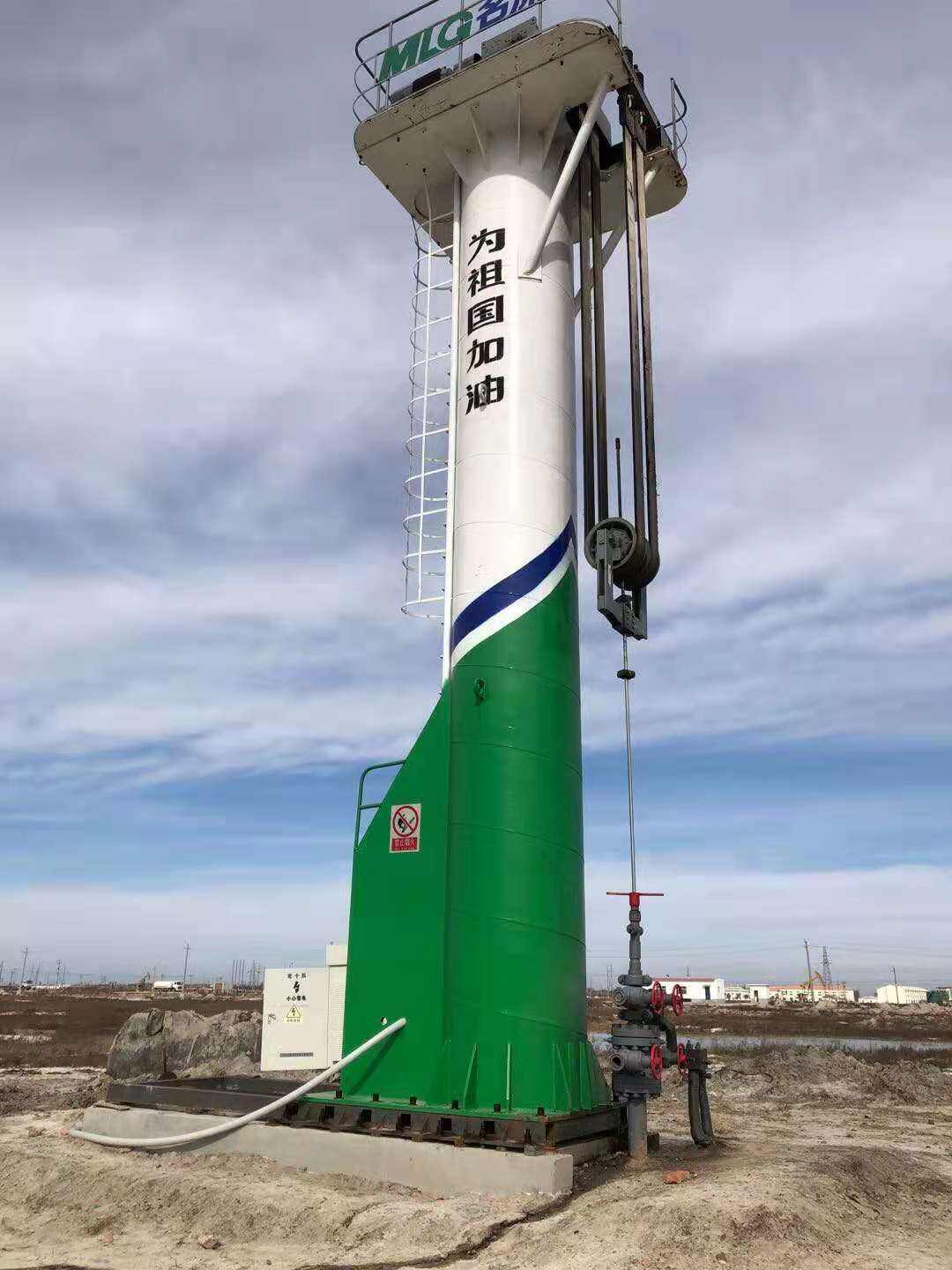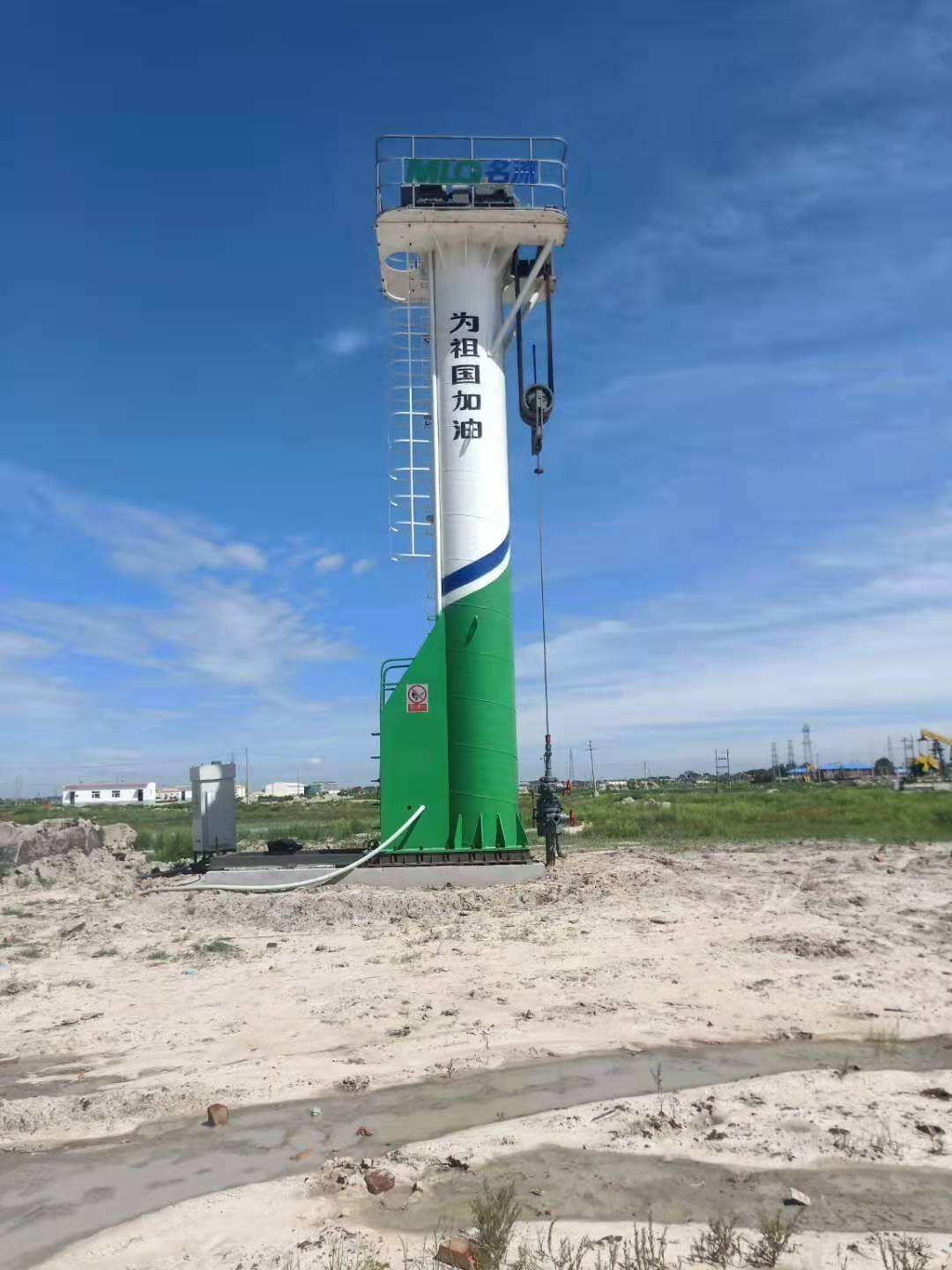
Chemical process pumps are specialized devices designed to handle the transfer of various chemicals, both corrosive and non-corrosive, in industrial processes. Their operation begins with the prime mover, typically an electric motor or a diesel engine, which provides the necessary rotational energy. This energy is transmitted to the impeller, a rotating component with curved blades, which is housed within the pump casing. As the impeller spins, it creates a centrifugal force that draws the chemical fluid into the pump through the suction inlet. The fluid is then accelerated by the impeller's motion, increasing its velocity. As the fluid moves from the impeller into the volute casing, the casing's gradually expanding cross-sectional area converts the fluid's kinetic energy into pressure energy, allowing it to be discharged at the required pressure through the outlet. To ensure compatibility with harsh chemicals, chemical process pumps are constructed using materials such as stainless steel, Hastelloy, or polypropylene, which resist corrosion and degradation. Mechanical seals or packing glands are used to prevent leakage of the chemical fluid, maintaining the integrity of the pumping system. The design of chemical process pumps also takes into account factors like fluid viscosity, temperature, and solids content, ensuring efficient and safe transfer in applications ranging from chemical manufacturing and pharmaceutical production to food processing and wastewater treatment.

Copyright © 2025 by Shandong Mingliu Industrial Group Co., Ltd